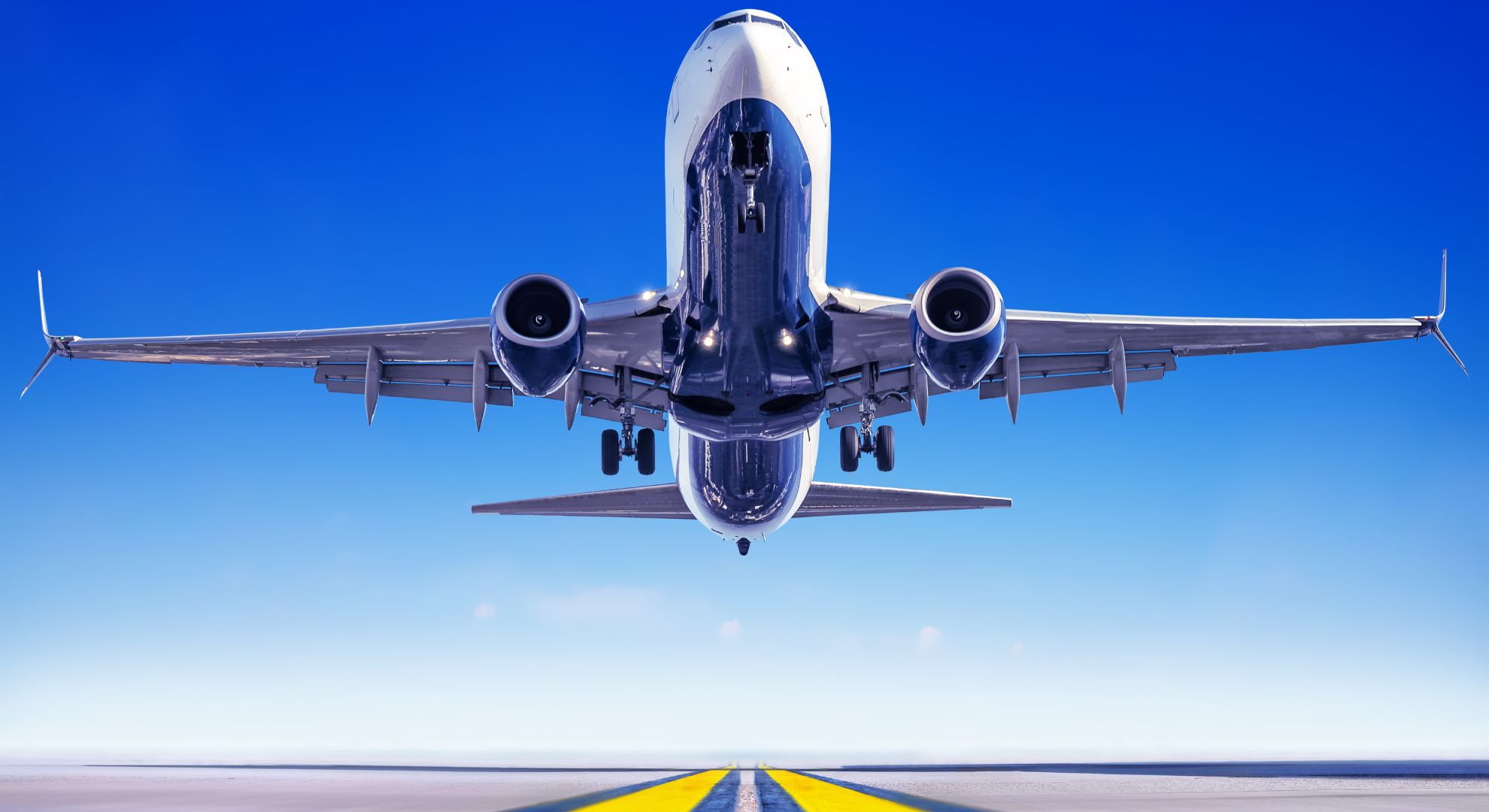Aviation
Shortage Crisis: Operators Wait 14 Years for 17,000 Aircraft Supply Backlog
Published
8 months agoon

The global aviation sector is facing a mounting crisis as airlines wait up to 14 years to receive more than 17,000 aircraft currently on backlog—a sharp rise from the 10,000–11,000 range recorded before the COVID-19 pandemic.
The International Air Transport Association (IATA) has raised alarm over the worsening supply chain constraints and manufacturing shortfalls, warning that these delays are hampering fleet renewal and posing long-term risks to airline operations worldwide.
Read Also:
According to IATA, persistent production bottlenecks have caused a cascade of negative effects, such that leasing costs are soaring, average fleet age has increased to 15 years from 13 years in 2015, and the replacement rate has halved from pre-pandemic levels of 5–6%.
According to the body, airlines are being forced to deploy larger, less efficient aircraft on routes where smaller planes would be more optimal.
While 1,692 aircraft are projected for delivery in 2025, marking the highest volume since 2018, this figure remains nearly 26% below earlier estimates.
IATA expects further downward revisions as supply chain issues are likely to persist through 2025 and potentially beyond the decade’s end.
Compounding the challenge, IATA said, are widespread engine failures and a shortage of spare parts, leading to record-high aircraft groundings.
Consequently, it notes that over 1,100 aircraft younger than 10 years are currently in storage, representing 3.8% of the global fleet, compared to just 1.3% between 2015 and 2018.
It added that nearly 70% of these grounded aircraft are powered by PW1000G engines.
“Manufacturers continue to let their airline customers down. Every airline is frustrated that these problems have persisted so long. And indications that it could take until the end of the decade to fix them are off-the-chart unacceptable,” said IATA Director General Willie Walsh.
The agency notes that the current situation could further deteriorate if governments withdraw from multilateral agreements that currently exempt aircraft from tariffs, as such a move could add new regulatory hurdles and cost pressures to an already strained industry.
Meanwhile, IATA also highlighted several key risks that could exacerbate the sector’s fragility. These include ongoing geopolitical tensions, such as the Russia-Ukraine conflict, which continue to limit airspace and reduce global connectivity.
It warned that trade disputes and uncertainty over future U.S. trade policy could dampen demand for both cargo and business travel, adding that the weakening of global standards or erosion of multilateral frameworks could increase compliance costs and regulatory complexity for international carriers.
Meanwhile, it further said oil price volatility remains a persistent threat to airline profitability due to the intricate mix of factors driving fluctuations, including decarbonisation policies, refinery availability, and geopolitical disruptions.
Share this:
- Click to share on X (Opens in new window) X
- Click to share on Facebook (Opens in new window) Facebook
- Click to share on WhatsApp (Opens in new window) WhatsApp
- Click to share on Pocket (Opens in new window) Pocket
- Click to share on Telegram (Opens in new window) Telegram
- Click to email a link to a friend (Opens in new window) Email
- Click to share on LinkedIn (Opens in new window) LinkedIn
You may like


Editorial: Nigeria Must Harness Aviation Boom to Propel Its $1 Trillion Economy Dream


Africa Aviation Eyes Gains from Historic $1tn Global Airline Revenue Boom


Airlines Face Shortage of 5,352 Aircraft as Supply Chain Crisis Deepens


INSIGHT: How Visa Mismatches Endanger Aviation Sector


Global Aviation Eyes Historic $979bn Revenue


Demand for African Airline Tickets Surges by 11.9% – IATA










